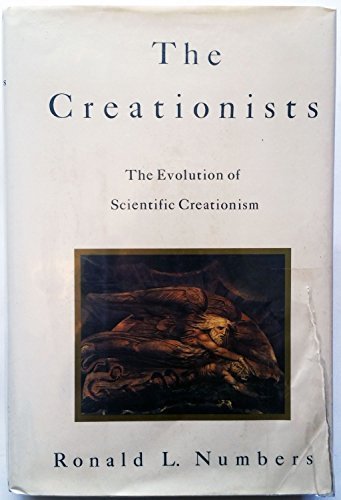What do you think?
Rate this book


Hardcover
First published September 1, 1992
"What most distinguished the leading creationists from their evolutionary counterparts was not intellect or integrity but cosmology and epistemology."
"...although many scholars seem to have no trouble respecting the unconventional beliefs and behaviors of peoples chronologically or geographically removed from us, they substitute condemnation for comprehension when scrutinizing their own neighbors. I think it is profitable to get acquainted with the neighbors, especially so if we find them threatening."I agree that the best, and possibly most enlightening, approach to crank science is through humility, curiosity, and empathy.